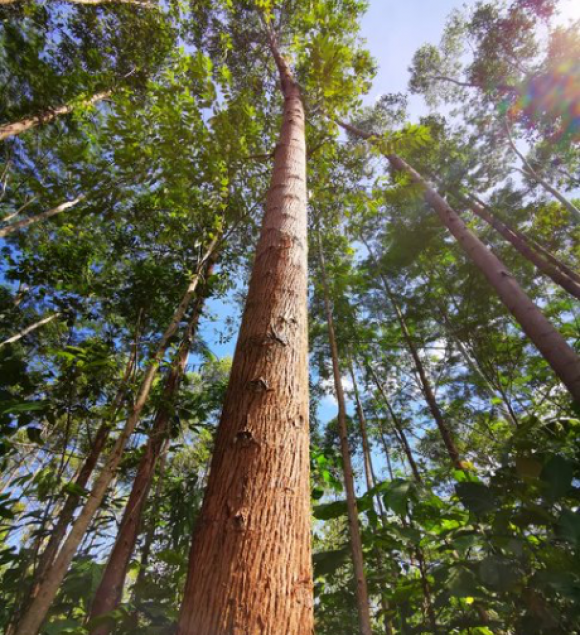With Suling-Sela’an-Linau FMU (forest management unit) certified in 2004, Samling Timber Malaysia became the first private company in Malaysia to obtain forest management certification: this was under the national standard, the Malaysian Timber Certification Scheme (MTCS) established by the Malaysian Timber Certification Council (MTCC) prior to its endorsement by the Programme for the Endorsement of Forest Certification (PEFC) in 2009.
Ravenscourt FMU was certified in June 2018, Ulu Trusan FMU in December 2018. The Group has several other FMUs under various stages of preparation for certification under MTCS.
There is a public summary for each of the forest management plans for the MTCS certified natural FMUs held under licence by Samling Timber Malaysia.
A public summary may be accessed by clicking the relevant link below:

© 2024 Samling Timber Malaysia